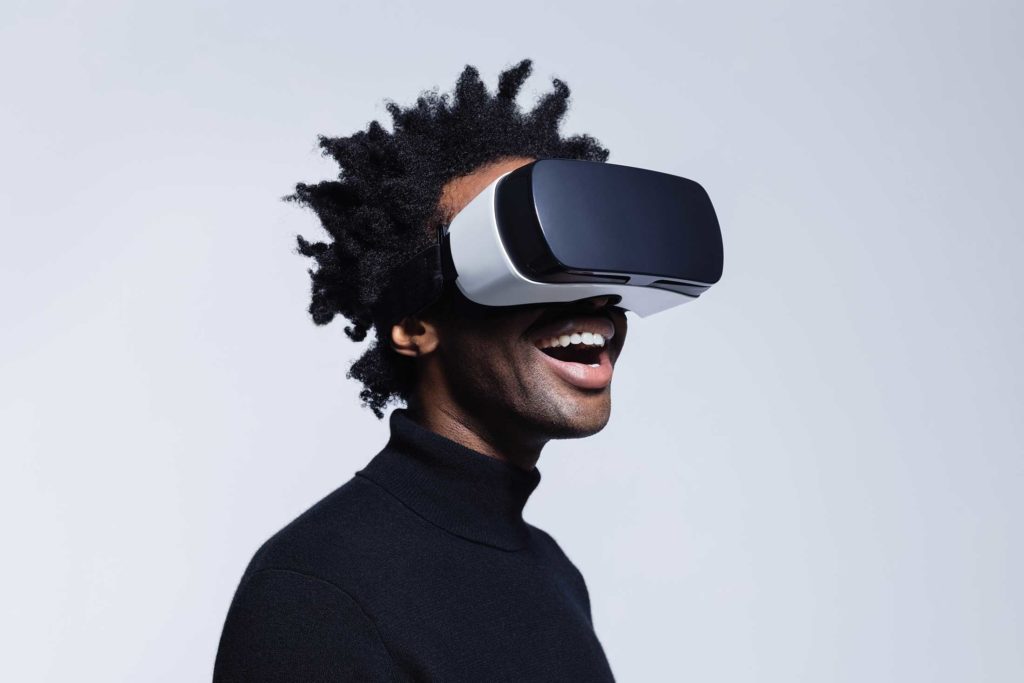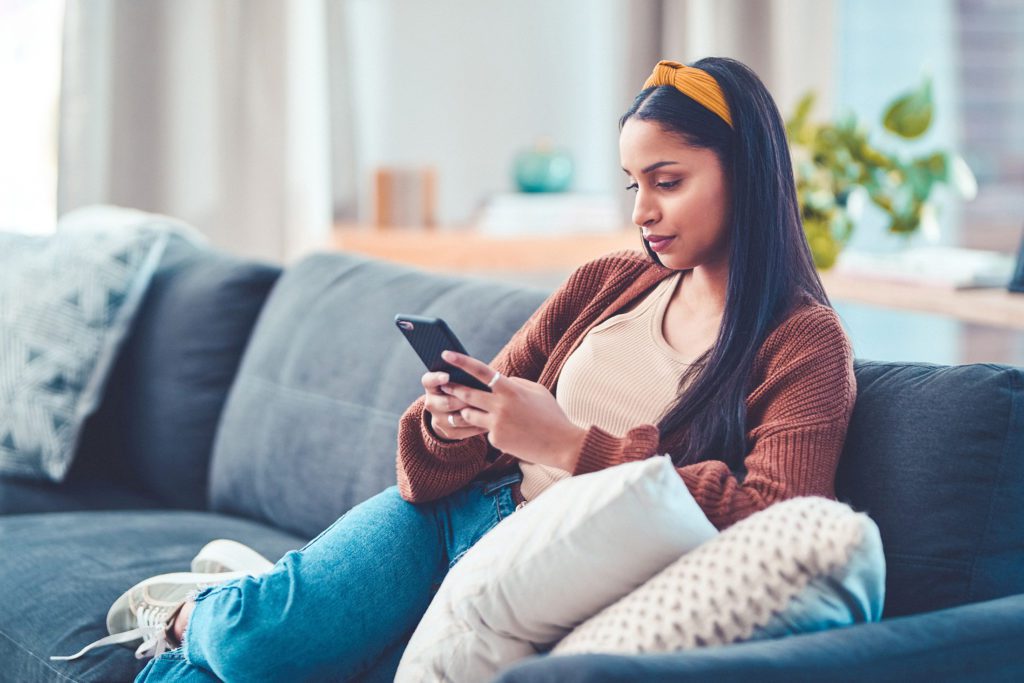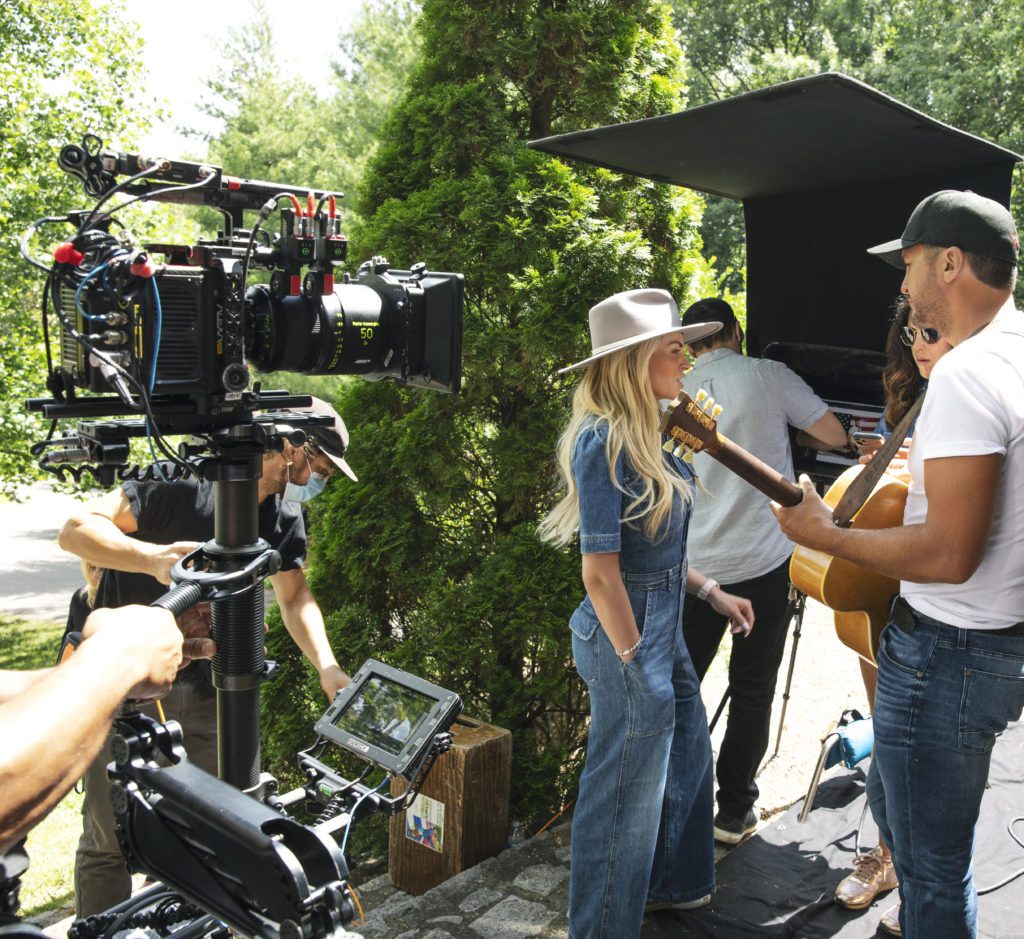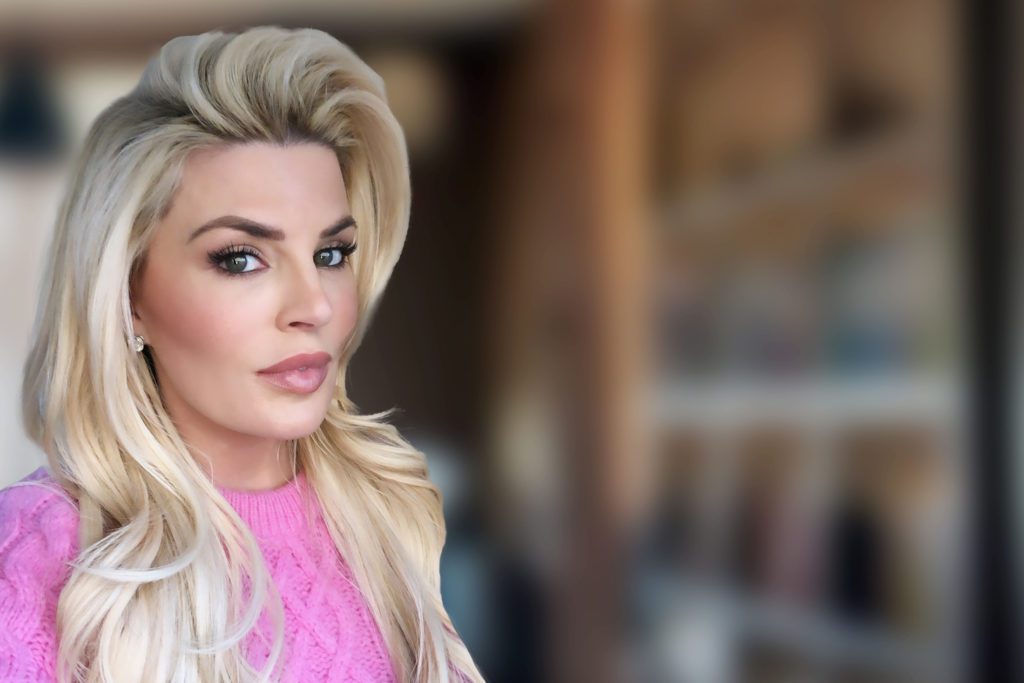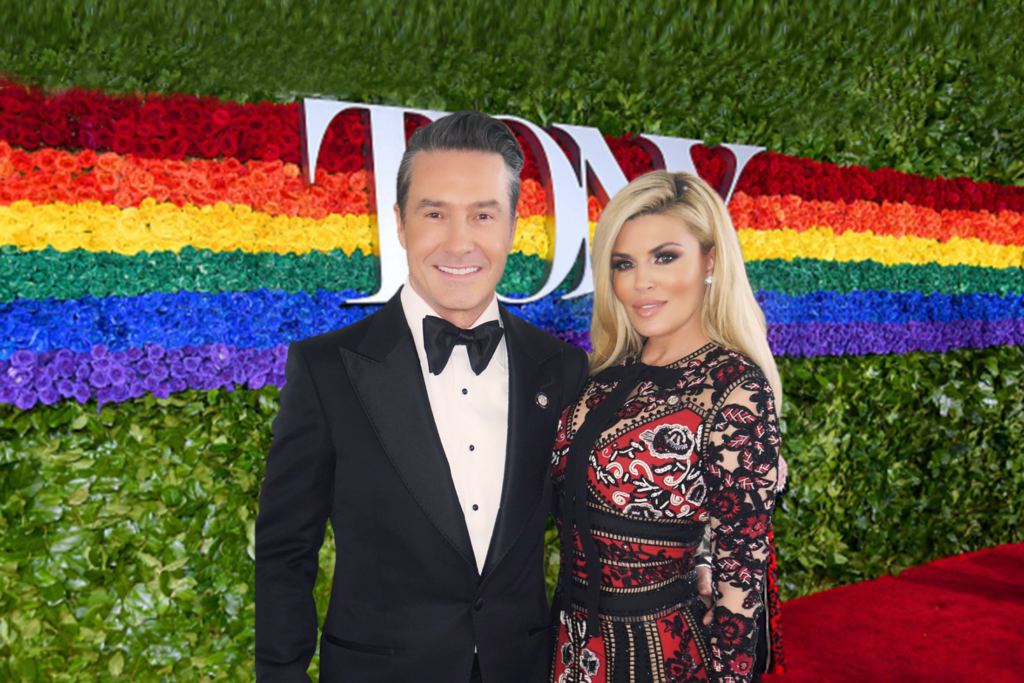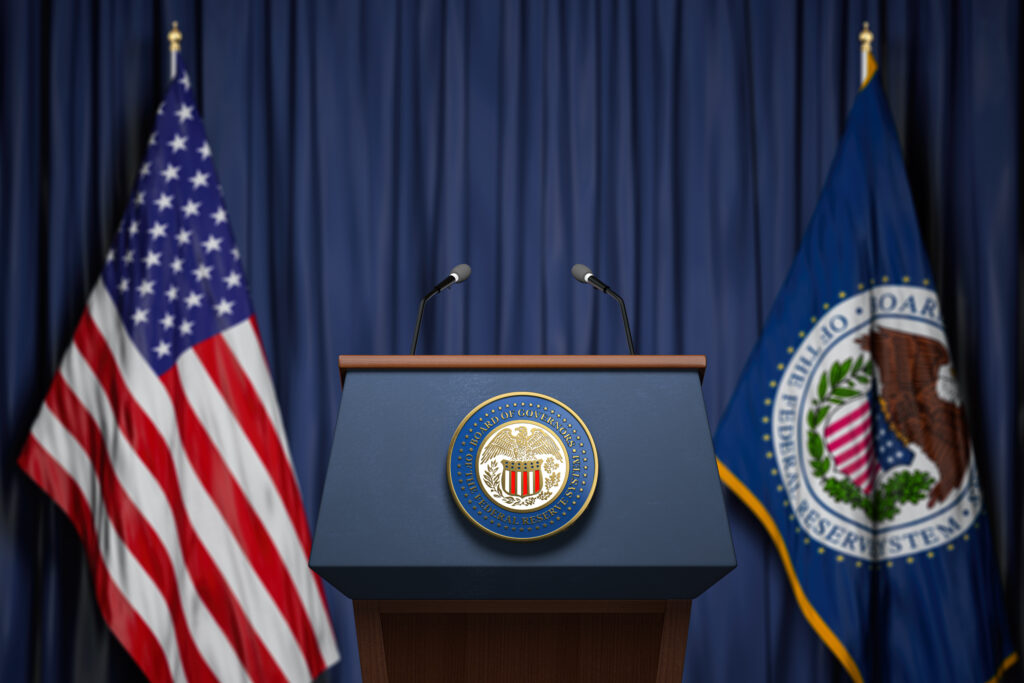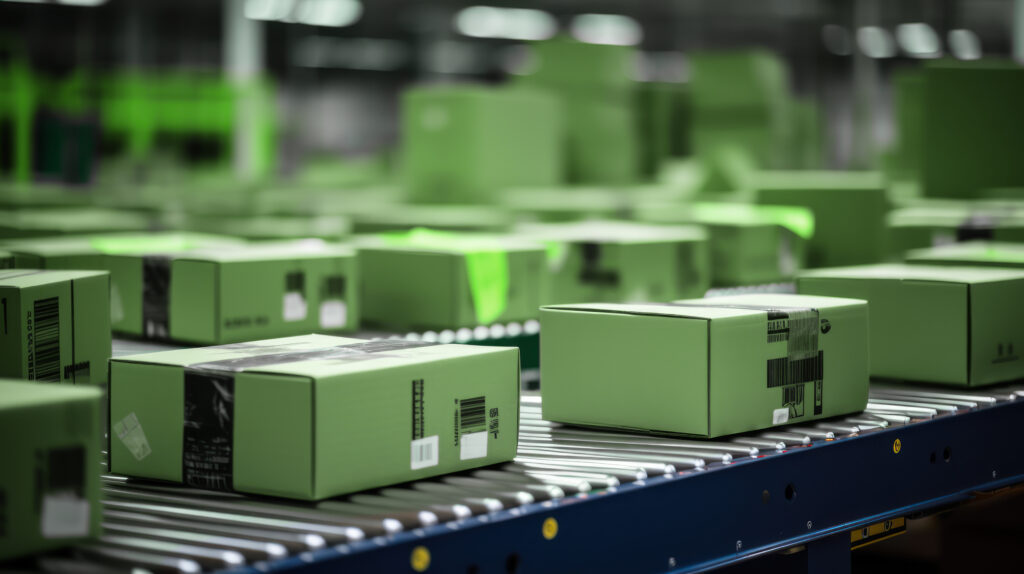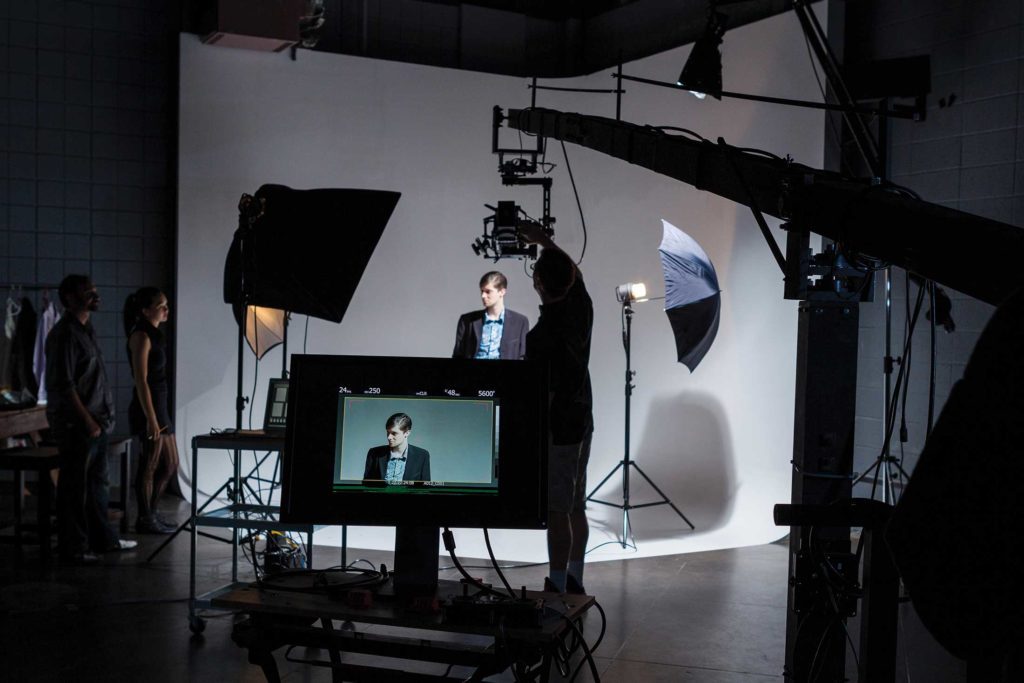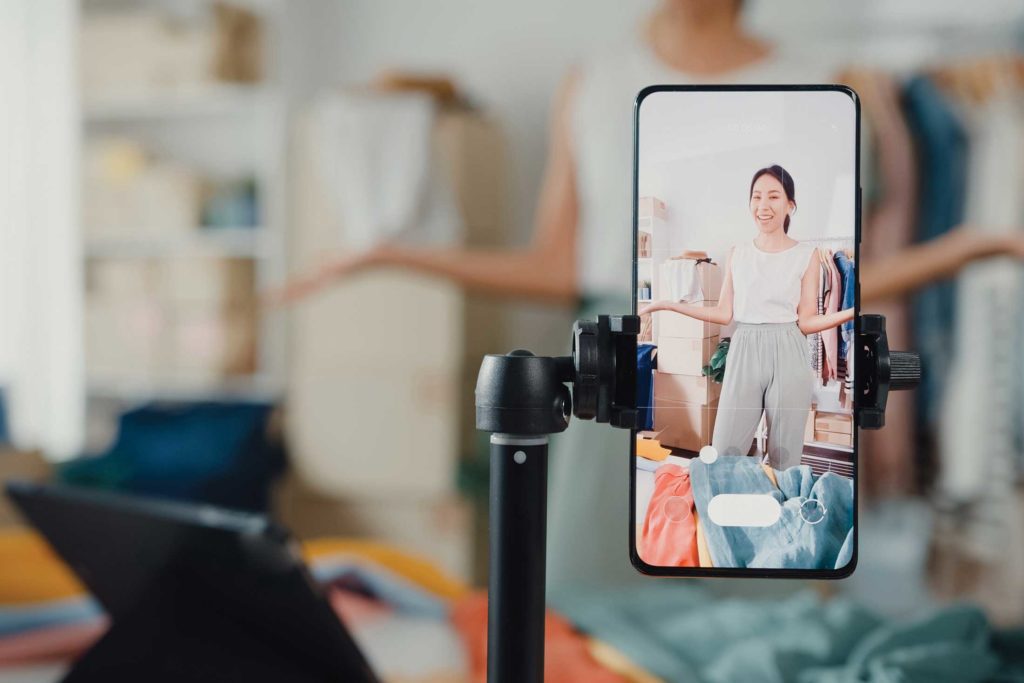While consumers and brands become more socially and ethically aware and responsible in the wake of racial injustice in the United States, it’s becoming increasingly apparent that brands cannot remain on the sidelines of these conversations—even if they’d prefer to.
In light of recent actions (or lack thereof) by Facebook and comments by founder Mark Zuckerberg, civil rights and activist organizations are calling on major brands to use their platform and influence to make a stand concerning what they consider a failure by Facebook to make its platform less hostile.
Among these organizations are the Anti-Defamation League, NAACP, Sleeping Giants, Color of Change, Free Press and Common Sense, who are encouraging brands to refrain from advertising across Facebook (as well as Instagram and all other affiliated ad networks).
On Juneteenth The North Face announced that they would cease all paid Facebook advertising “until stricter policies are put in place to stop racist, violent or hateful content and misinformation from circulating on the platform.” Some similar brands like Patagonia and REI have followed suit to pull Facebook Ads from July planning, and others may join the fold in the coming days.
Implications/Learnings
Consumers have made their calls for transparency and action from brands and social platforms increasingly clear. As a result of this transparency, we all must recognize the opportunity that brands have to drive significant change.
In a recent study, close to 7 in 10 consumers surveyed (69% globally, 67% in the US) listed societal-focused concerns as to why trusting a brand they buy is important.
Interestingly enough, at the top of that list was the spread of fake news and false information on the internet, with around 42% of US respondents and 36% globally listing it as an issue.
The confluence of consumer demand for transparency and responsible use of platforms has heightened the expectations of corporations to not only contribute to societally-significant conversations, but to also actively use their platform to say something meaningful. In the case of a call to boycott Facebook, that could mean saying nothing at all.
The question of how to handle advertising during this time is an important one; it addresses the age-old question of whether advertising is a mirror of society or a window into it. Brands must consider their place in the world and how they can best address this issue, wielding their power for good, or doing nothing at all and facing the potential fallout.
1. Consider the Brand’s Place in the Movement; Context is Key
Just as influencers must consider the path forward and how to tailor their messaging according to a shift in the landscape, brands must also examine their responsibility to speak up, their tone, and their messaging, which is heavily influenced by the industry in which the brand lives. The decision to go dark is a significant one, and the circumstances to consider vary widely depending on the brand.
As we know, brand teams are constantly and carefully evaluating their brand’s place in conversations about any given topic. This comes to life in the form of elaborate content strategies that help marketers make choices about the types of topics a brand should speak to. It’s more important than ever for these teams to understand the context of brand messaging in the realm of race and social justice.
Brands that lend their voice to purpose are rewarded in the form of increased loyalty with consumers. Conversely, consumers don’t just reward transparency and effort, they actively avoid brands with unclear, disingenuous, or uninformed stances.
2. Understand the Potential Impact and Prepare Accordingly
Additionally, while sensitivity to these matters is crucial, brands must also make marketing decisions that will behoove the interest of the shareholders and remain true to their values. Messaging that lacks the appropriate nuance or is not supported with real action will be scrutinized by consumers, contributing to a loss of trust and ultimately resulting in decreased market share.
Brands must consider how they will support communication with real change. Platitudes without action offer little value to the cause, so advertisers poised to speak to the issues should be prepared to put their money where their mouth is.
Similarly to the effects of the COVID-19 quarantine, shifts in the advertising marketplace will have an impact on advertisers’ performance down to the penny. While major brands have returned to the platform since the quarantine forced marketing teams to completely overhaul their plans, many have been cautious about their approach. Nike, Anheuser-Busch and others each cut daily Facebook and Instagram budgets by more than $100,000 in early June and are now grappling with how to handle a potential boycott. Brands that choose to advertise during July may see a drop in CPM due to a lack of competition (should major advertisers choose to pause Facebook Ads for the month), and while platform usage may be returning to normal (from a significant spike at the beginning of quarantine), brands can still likely expect a cheaper cost-per-click.
3. Don’t Do Nothing
Whether your brand decides to go completely dark for July (meaning no paid or organic Facebook advertising), pause all paid advertising campaigns, or continue to use Facebook Ads is a significant marketing choice with real-world implications. For many brands, it’s just not feasible to cut off all communication with (and revenue from) consumers on one of the most efficient and effective channels available. It’s important for brands that will continue to advertise to carefully consider the implications of their messaging. For some, it may be an opportunity to simply say more with less.
Posting in solidarity with the movement or offering a genuine, thoughtful statement on the matter is likely a route many brands will take. Also, using their platforms to bolster the voices of those that call for change may be a meaningful alternative as Facebook cause donations have seen a significant spike.
Many brands with a significant responsibility to speak to racial and social justice will likely refrain from advertising, or will acknowledge the movement and make a clear statement about their stance.
Ultimately, brands that are clear, committed, and serious about their devotion to their stance will reap the benefits.
Our Recommendation
We understand that this is a difficult decision to make, complete with a unique set of circumstances and factors to consider for each brand. While it may not be feasible for your business to pause all Facebook advertising for the entire month of July, our recommended approach is to consider pausing all paid campaigns and postponing organic posts on July 7th in observance of #BlackoutDay2020. #BlackoutDay2020 is a rapidly growing movement and accompanying Facebook Group that encourages members to only spend money at black-owned businesses on July 7th. Additionally, consider using the brand platform to promote black-owned partners, franchisee owners, etc. on the days leading up to (and following) July 7th.
We look forward to helping you navigate this landscape and executing your vision for a better world.


